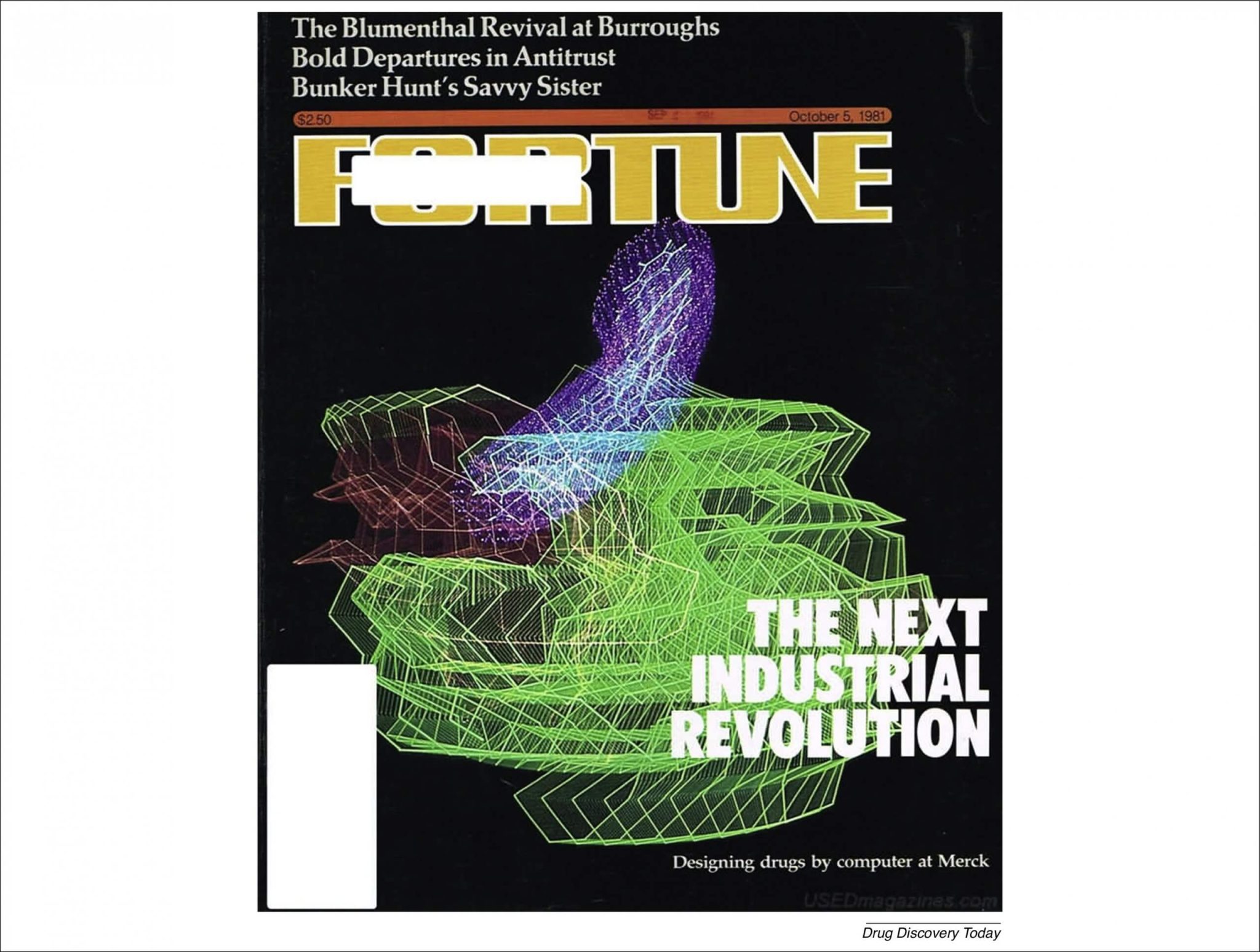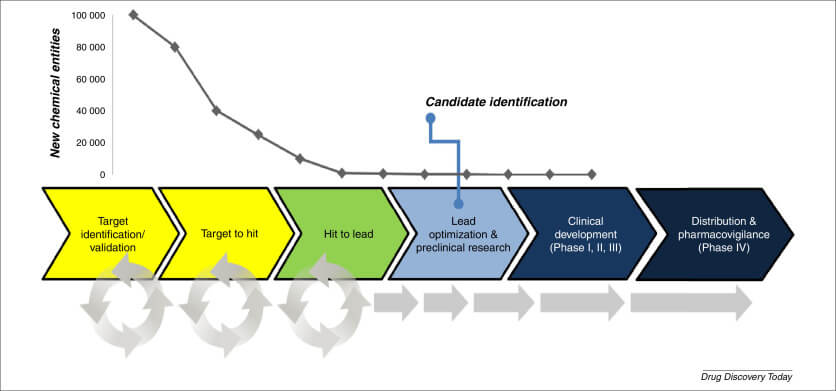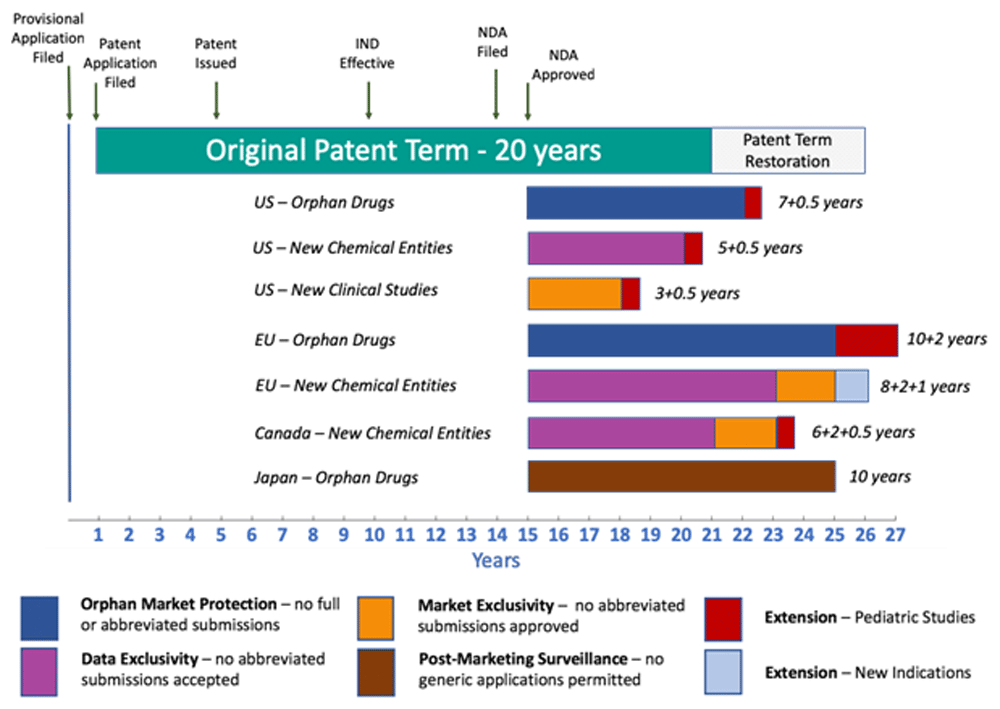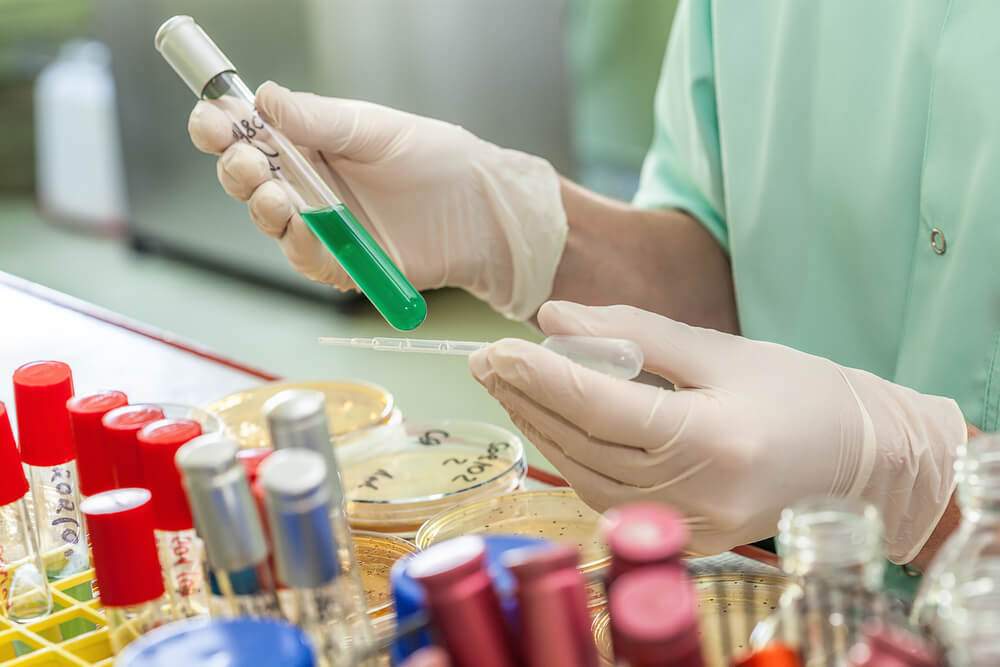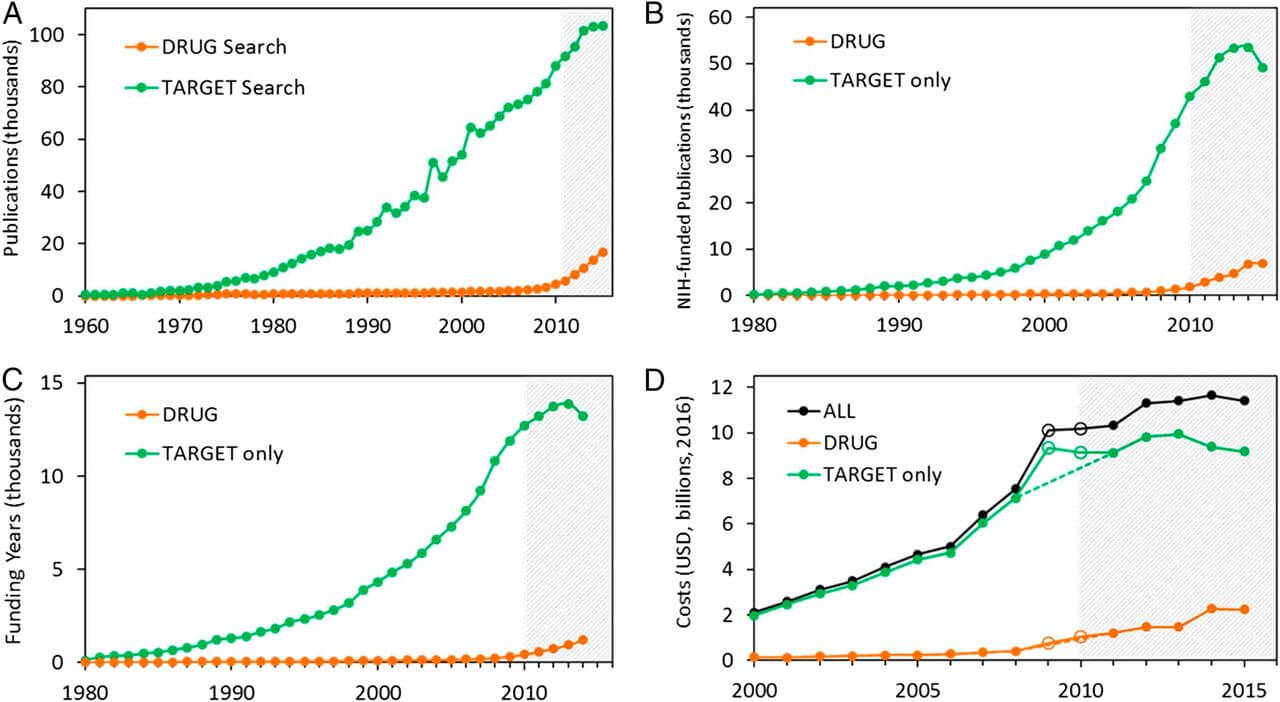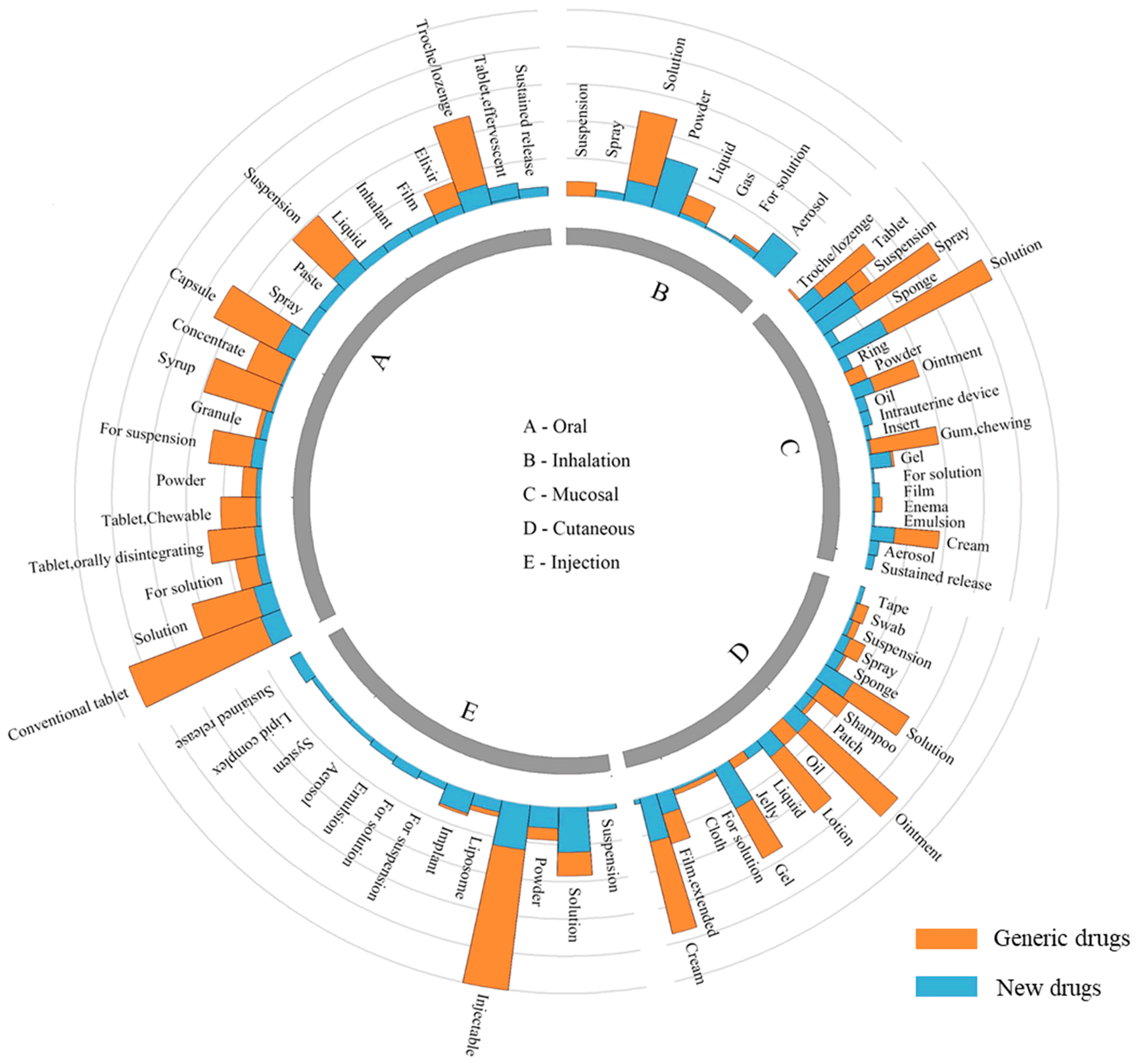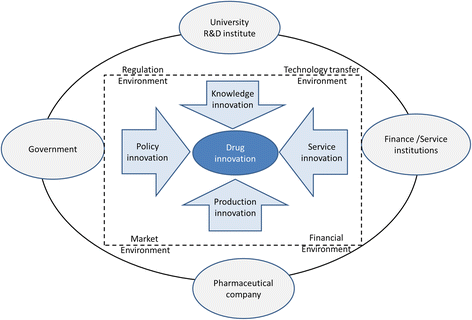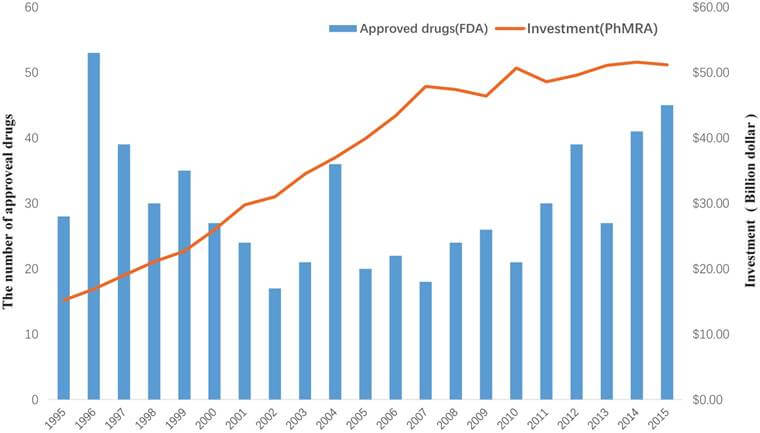The Power of Patent Licensing: Unlocking Innovation and Access to Medicines

Patent licensing agreements have become a crucial tool in the pharmaceutical industry, allowing companies to collaborate and share resources, expertise, and risk. These agreements have numerous benefits, not only for the companies involved but also for patients and the broader healthcare ecosystem. In this article, we will explore the advantages of patent licensing, its role in increasing access to medicines, and the key considerations for negotiating these agreements.
Collaboration and Resource Sharing
One of the primary benefits of patent licensing is the ability for companies to collaborate and share resources. This can include sharing expertise, funding, and risk. For example, a biotechnology company may license its patented technology to a pharmaceutical company, which has the resources and expertise to develop and commercialize the product. This collaboration can lead to faster and more efficient development of new treatments, ultimately benefiting patients.
Increased Access to Medicines
Patent licensing also plays a vital role in increasing access to medicines, particularly in low-income and middle-income countries. Voluntary licensing agreements, where patent-holding companies license their patents to generic manufacturers, have been highly effective in supporting the scale-up of WHO-recommended treatments for diseases such as HIV and hepatitis C. These agreements not only save lives but also generate significant economic savings, with one study estimating actual cumulative savings of around $2.3 billion between 2010 and 2028.
Quality Assurance and Technology Transfer
Another significant benefit of patent licensing is the emphasis on quality assurance. When companies enter into voluntary licensing agreements, they must ensure that the technology and know-how transferred are of high quality and safe for use. This is particularly important for complex products like vaccines, where the manufacturing process requires close cooperation and strict safeguards to maintain quality standards.
Balancing Public Health Needs
Public-health voluntary licensing agreements, administered by organizations like the Medicines Patent Pool (MPP), have been instrumental in improving access to medicines. These agreements are generally more access-friendly and include less restrictive terms than bilateral licenses negotiated between patent holders and generic manufacturers. They also provide a framework for technology transfer, ensuring that the necessary expertise and know-how are shared to ensure high-quality manufacturing.
Challenges and Considerations
While patent licensing agreements offer numerous benefits, they also come with challenges and considerations. For instance, there are concerns that voluntary licenses may entrench intellectual property rights, be used to manage competition, and segment markets. Additionally, the negotiation process can be complex, involving trade-offs between public health needs and intellectual property rights.
Conclusion
In conclusion, patent licensing agreements are a powerful tool in the pharmaceutical industry, offering numerous benefits for companies, patients, and the broader healthcare ecosystem. By facilitating collaboration, increasing access to medicines, and emphasizing quality assurance, these agreements play a vital role in improving public health. As the industry continues to evolve, it is essential to balance public health needs with intellectual property rights, ensuring that these agreements remain a key driver of innovation and access to medicines.
“Voluntary licensing is a better, more sustainable approach to increasing access to medicines. It benefits all stakeholders, especially patients, and is crucial in improving public health.” — duiwoy
References
Excedr. (2023, June 13). What Is Patent Licensing & How Does It Work? Retrieved from https://www.excedr.com/resources/how-patent-licensing-works
IP Watchdog. (2023, January 10). Why Voluntary Licensing is Best for Increasing Access to Medicines. Retrieved from https://ipwatchdog.com/2023/01/10/voluntary-licensing-best-increasing-access-medicines/id=155117/
NCBI. (2023, September 4). Negotiating public-health intellectual property licensing agreements to increase access to health technologies: an insider’s story. Retrieved from https://www.ncbi.nlm.nih.gov/pmc/articles/PMC10496684/
Congressional Research Service. (2021, September 10). The Role of Patents and Regulatory Exclusivities in Drug Pricing. Retrieved from https://crsreports.congress.gov/product/pdf/R/R46679
MSF. (2020, October 2). VOLUNTARY LICENSES AND ACCESS TO MEDICINES. Retrieved from https://msfaccess.org/sites/default/files/2020-10/IP_VoluntaryLicenses_full-brief_Oct2020_ENG.pdf



